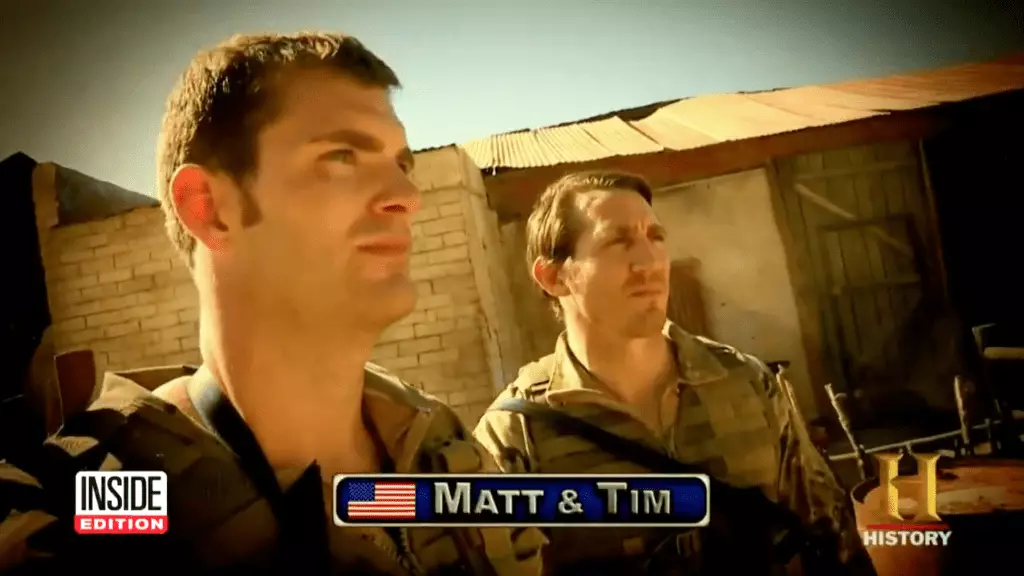On January 1, 2025, the Las Vegas skyline was shattered by an unexpected explosion involving a rented Tesla Cybertruck outside the Trump International Hotel. This incident swiftly garnered national attention, raising immediate questions about the motives and circumstances surrounding it. The suspect, 37-year-old Matthew Livelsberger, a former Army Green Beret, tragically lost his life in the altercation, reportedly from a self-inflicted gunshot wound. As details began to unfold, a shocking narrative surrounding Livelsberger emerged, highlighting the struggles faced by veterans in civilian life.
Tim Kennedy, a former mixed martial artist and military figure, became intertwined in the story when he reached out on social media seeking information about Livelsberger. Kennedy, who had previously competed alongside Livelsberger (known at the time as Matt Burg) on the History Channel show “Ultimate Soldier Challenge,” expressed surprise and confusion at the news. His emotional response encapsulated the swift transition from admiration for a fellow veteran’s skills to grappling with the harsh reality of Livelsberger’s downfall. Kennedy described Livelsberger as sincere, hardworking, and talented, emphasizing the disconnect between his military accomplishments and the tragic events that unfolded in Las Vegas.
The Weight of War: Mental Health Struggles
Livelsberger’s military service was not without its scars; he served 19 years in the armed forces and was a decorated Special Forces operator. Recent months had seen him seeking help for depression and post-traumatic stress disorder (PTSD), conditions that are far too common among veterans. This raises crucial questions about how society supports those who have sacrificed so much in the line of duty. In a society that often celebrates military heroes, the mental health struggles of these individuals remain largely unaddressed.
Assistant Sheriff Dori Koren’s remarks framed the incident as “a tragic case of suicide involving a heavily decorated veteran” who was suffering from PTSD. Koren elaborated that Livelsberger had left behind digital notes clarifying that the explosion was not a terrorist act but rather “a wake-up call.” This chilling revelation underscores the complexity of Livelsberger’s mental state and his desperate need to address the internal demons that plagued him.
This heart-wrenching incident highlights a significant issue regarding how veterans are treated after their service ends. It begs the question: are we doing enough to care for those who have defended our freedoms? Livelsberger’s story serves as a stark reminder of the potential for tragedy that accompanies the transition from military to civilian life, particularly when mental health concerns remain unaddressed.
As authorities sift through the evidence and motivations behind this tragic event, the memory of Matthew Livelsberger should inspire a reevaluation of the resources available for veterans. Awareness and action are essential to prevent such tragedies in the future and to ensure that those who have served receive the compassion and support they desperately need in their time of transition. The legacy of veterans like Livelsberger isn’t just one of valor; it should also reflect a commitment to their ongoing well-being.

